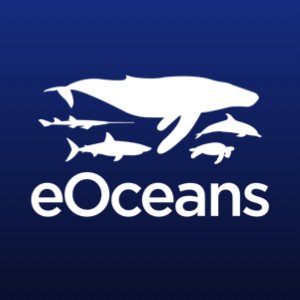Does Scientific Data Need to Be Standardized?
Yes—and no.
Standardized effort is essential for some scientific questions, but not all. And in reality, many data sources—especially outside the lab—fall somewhere in between.
eOceans is a platform that supports both standardized and opportunistic data collection. If you’re a scientist focused on strict protocols, you can design your project accordingly. If you’re a diver, sailor, fisher, or tourist contributing observations as they happen, your data might be more opportunistic. That’s okay—what matters is how the data are used.
In our early pilot projects (like eShark, eShark Thailand, eManta, the Great Fiji Shark Count, and others), we worked with the recreational dive tourism industry to collect opportunistic observations. While these weren’t strictly standardized, they turned out to be highly consistent. Many dive sites were visited daily or weekly. Most dives lasted around 58 minutes. Divers followed similar routes: descend to the bottom, then gradually rise while covering key parts of the site. This created an emergent form of standardization—consistent enough for robust ecological insights.
Other activities are similarly repeatable—ferry crossings, for instance, follow the same routes daily. Fishers, by contrast, move with fish and changing conditions, producing more variable effort.
Today, statistical tools have evolved to account for variable sampling effort across time and space. At eOceans, we use these tools—along with transparent metadata and fit-for-purpose study design—to make every observation count.
